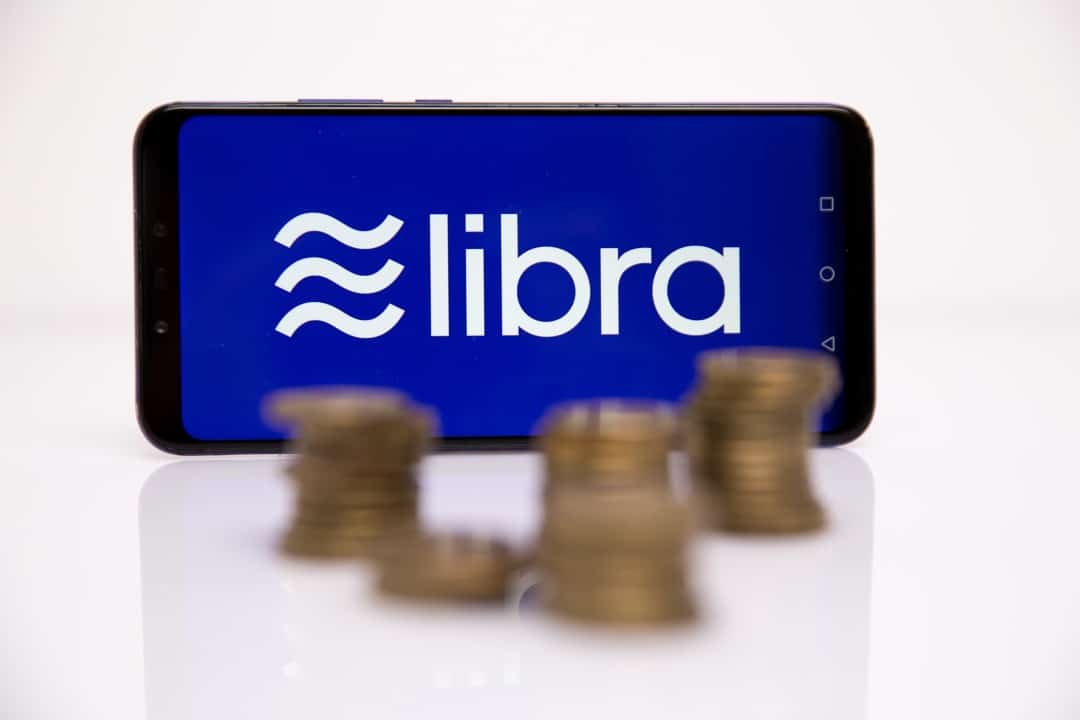In October 2019, PayPal was one of the first companies to abandon the Libra Association, the consortium behind the Facebook Libra project that was launched in June 2019. But what was the reason?
In an interview, PayPal CEO Dan Schulman revealed the reasons by stating that the temporary renunciation of the project is not to be considered as a cruel divorce or anything like that.
In fact, it seems that after Mark Zuckerberg’s speech in front of the US congress on the Libra project, PayPal has decided to leave, just like VISA and MasterCard have done, in order to focus on the progress of their company.
Schulman wanted to make it clear that PayPal’s decision to step back from the project was not made with reference to Libra’s current problems in terms of regulations and compliance. On the contrary, it seems that the digital payments giant was mostly interested in its mission.
In fact, Schulman specifically described his motivation, saying:
“When David Marcus [Facebook’s head of Libra] came to talk to us about Libra initially, he framed it in ways that were appealing to us about financial inclusion. We’re always exploring the next generation of technologies — like blockchain infrastructure to do things more efficiently. And you know, we’d like to learn more about it. All of us were interested in learning more. As we learned more about [Libra] and saw the amount of things that were still left to do and the amount of things we still had to do on our own roadmap outside of Libra, we said, “You know, we think if we focus on our own roadmap, we’d be able to advance financial inclusion faster than if we put all these resources against Libra”.
And so the choice of PayPal sounds like that of wanting to walk with their own legs, especially if at stake there are other priority corporate projects, which should not be in competition with the Libra project but which involve the use of blockchain technology.
Specifically, Schulman said that there are many promising features of blockchain technology but not in terms of efficiency but in terms of disintermediation, referring not to the payment system, but to blockchain applications related to identity, for example.
Finally, the CEO of PayPal reveals that he personally owns bitcoin, even if at the corporate level, the adoption of crypto does not seem to be recognised as mainstream because of their current volatility. Schulman:
“On the crypto side, it’s still very volatile, and therefore, we don’t have much demand for it by merchants because merchants operate on very small margins. And what they have to do is immediately turn it into fiat, and there’s a fee for turning it into fiat, so any advantage in cost is typically eaten up by that conversion fee. Until it becomes less volatile, it won’t be a currency that is widely accepted by merchants on the web — not the dark web, but the web”.




